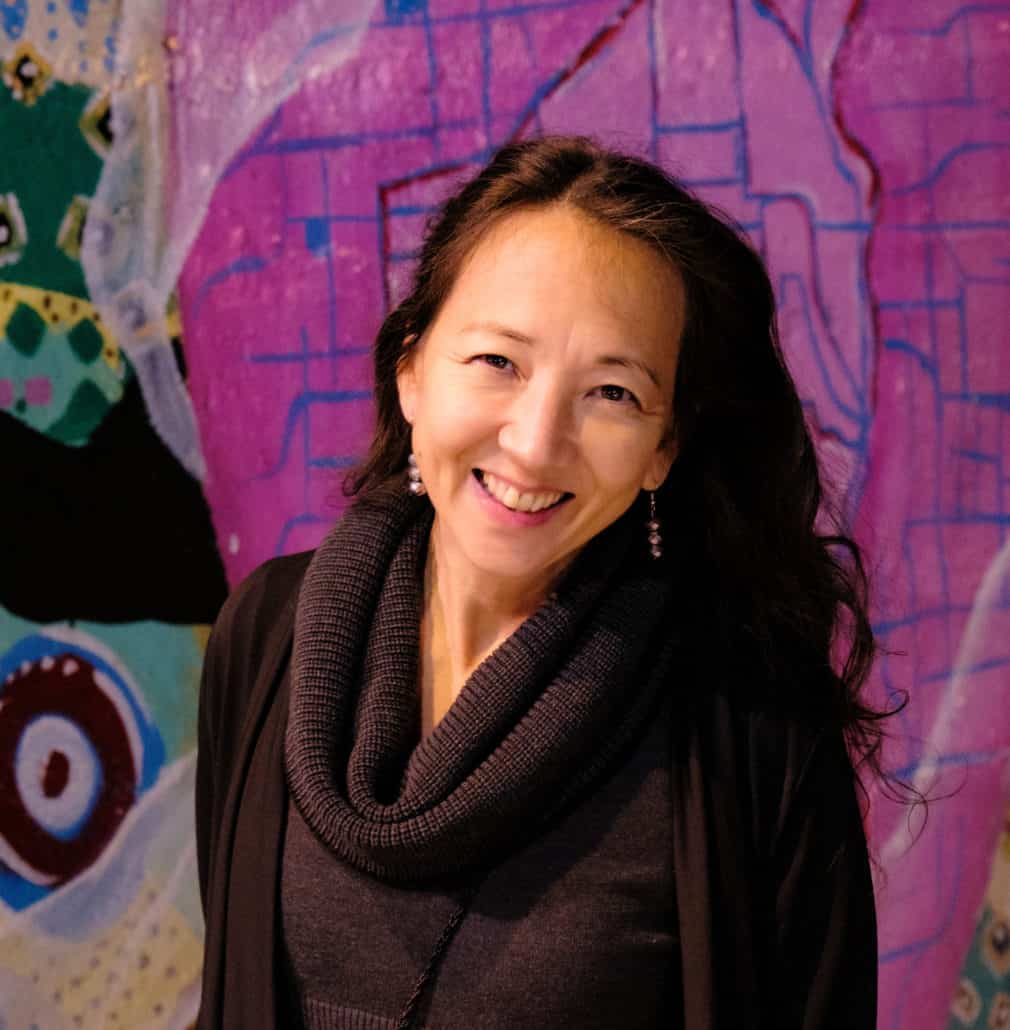Until recently, the concept of Asian inclusivity has not been top of mind in the meetings industry. Then powerhouse Jolene Jang flipped the script.
Jolene Jang is on a mission. While the goals of diversity, equity and inclusion are on meeting planners’ radars, the plight of Asian Americans is not, she says. Now, with a background in community building and speaker for Fortune 500 companies under her belt, she has become the leading advocate for Asian inclusivity at meetings and events.
Catching up with Jang on the eve of International Women’s Day felt like perfect timing. About to travel to the PCMA Visionary Awards celebration as a finalist nominee for Community Advocate of the Year, she graciously answered a few questions for Prevue. “Being inclusive is an intentional choice,” she said. “Our industry does not notice Asian Americans, and we are missing from speaker panels and leadership positions.”
Jang herself is part Japanese, part Chinese and part Swedish. She points out that the term Asian applies to around 48 countries and many different languages and religions. Native Hawaiians and Pacific Islanders are included in her definition of Asian. It’s important, she says, for meeting planners to understand the culture that informs different Asian-inspired events and communicate the details of that culture to attendees.
Five top tips for Asian inclusivity:
•Recognize the proliferation of Asian hate crimes in the past few years, and that there is a lot going on below the surface for people of Asian descent. Jang herself has been afraid to walk alone in her upscale suburban neighborhood.
•Stay educated by following the news, listening to Asian-American voices and reaching out to Asian friends and colleagues.
•Don’t whitewash cultural events with cliches or with Anglo performers representing people of color. Communicate the relevance of a cultural celebration such as the Lunar New Year to attendees, so that they understand the intention behind it.
•Culturally inspired meals should be authentic. Avoid having Asian-themed meals with a variety of dishes from different countries and no explanation.
•Name pronunciation signifies respect. Planners should make sure that emcees and moderators pronounce names correctly. Research and double check the correct pronunciation, and write it out phonetically for presenters.
For more of Jang’s insights about Asian inclusion at events, go to the podcasts Better Events and The Room Block.
How Asian allies can stay involved
Recently, the popularity of the movie Everything Everywhere All at Once has given long overdue recognition to Asian actors like Michelle Yeoh, who is using her platform on mainstream media to increase awareness about discrimination against Asians in America. “The flame is lit,” said Jang, “but it can extinguish quickly. To keep the fire burning we need Asian allies to listen, learn and take action.” She has launched two Facebook Groups to help. Asian Allies connects people who support Asian Americans with updates and information. Empowered Asians provides a safe place for Asians to share their stories.
You Might Also Be Interested In
Black Speakers Collection Keeps Growing
New Diversity and Inclusion Dictionary
Radical Inclusion: How to Make Events Feel Welcome to All






